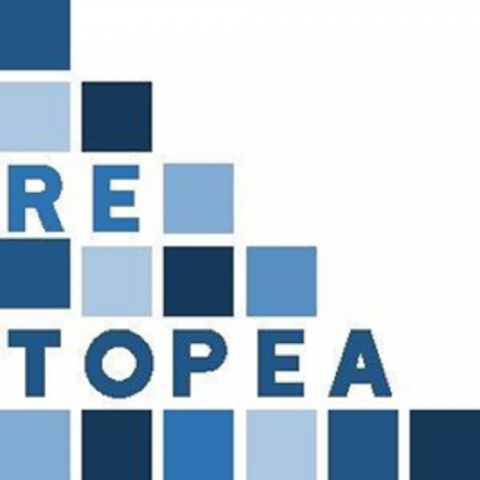The Euro-Arab Foundation for Higher Studies is part of the consortium of partners of the European project RETOPEA (Religious Toleration and Peace), whose first meeting took place in the city of Maiz (Germany) last week.
The project receives funding from the Research and Innovation Framework Programme of the European Union Horizon 2020.
-
Project website: http://heron-net.be/retopea/
The RETOPEA project aims to investigate how experiences with historical peace treaties in Europe and around the world foster tolerance and understanding of religious diversity, especially among adolescents.
RETOPEA will conduct research on the history of peace treaties and conflict resolution agreements, as well as contemporary representations of religious coexistence in culture and the media.
Studying historical peace-building initiatives will allow a better understanding of how religious conflicts have been resolved in different traditions (Christian, Muslim and Jewish) over time.
The study of contemporary representations will enable how these initiatives are used, misinterpreted or ignored in culture and the media nowadays.
This research will facilitate the creation of effective practices and policies to achieve religious coexistence, and alternative representations of it that effectively relate contemporary issues to past traditions.
The project includes research and innovation activities for the development of innovative educational tools and documented policy recommendations.
Through the production of docutubes (online videos), adolescents will be encouraged to become actively involved in different ways of understanding religious tolerance.
RETOPEA will provide an educational package to support adolescents between the ages of 13 and 18 in the creation of their docutubes.
A free online course for education professionals will allow them to spread religious diversity and peacebuilding in an accessible and attractive way.
Student experiences and research results will provide the basis for policy standards for schools, educational authorities, religious leaders and legislators.
Leader:
- KU Leuven (Belgium)
Partners:
- Euro-Arab Foundation for Higher Studies
- University of Granada
- University of Helsinki
- Leibniz Institute of European History (IEG)
- Open University
- University of Skopie (Macedonia)
- University of Tartu (Estonia)
- University of Warsaw (Poland)
- Le Foyer NGO (Belgium)
- Macedonian Centre for International Cooperation










